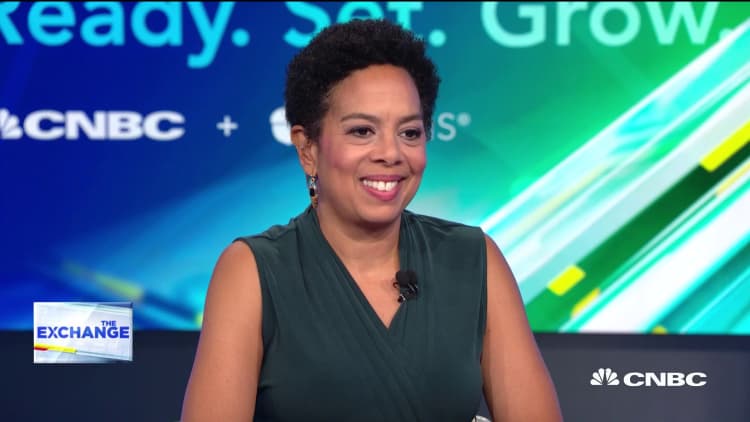With a new year comes a new start, and your retirement is no exception.
That's because the limits for pretax saving have gone up for aspiring retirees. And those already in retirement will see a modest boost to their Social Security retirement benefits, along with increased Medicare Part B premiums.
These charts give you an idea of how these changes may pad or pinch your wallet.
Retirement savings
Next year, you will be able to save as much as $19,500 in your 401(k) plan and up to $6,000 in your individual retirement account.
Savers who are age 50 and over will be eligible to put away up to $6,500 more in their 401(k) plans or another $1,000 in their IRAs.
The chart below shows how those limits have changed since last year.

Social Security benefits
If you are receiving Social Security benefits, you can expect a modest increase to your checks next year.
That extra 1.6% for 2020 is less than the 2.8% boost retirees received in 2019. But it is in line with the average 1.4% cost-of-living adjustments over the past decade. The changes are calculated based on inflation.
The chart below shows exactly how much of an increase you can expect based on the level of benefits you're receiving.
Medicare premiums
You may need to brace yourself for higher costs next year if you are on Medicare.
Standard monthly Part B premiums will increase to $144.60 in 2020, up from $135.50 in 2019.
But how much you will pay depends a lot on your income.
More from Personal Finance:
Here's how much you can save toward retirement in 2020
Social Security benefits to get a 1.6% boost in 2020
Here's how much more you'll pay for Medicare Part B next year
One rule, called the hold harmless provision, prevents individuals from having their Social Security benefits reduced because of higher Medicare premiums.
But many individuals will pay more for their premiums based on income-adjusted amounts.
The chart below shows how much coverage will cost you if you have income in excess of $87,000 individually, or $174,000 if you're married and filing joint tax returns.



